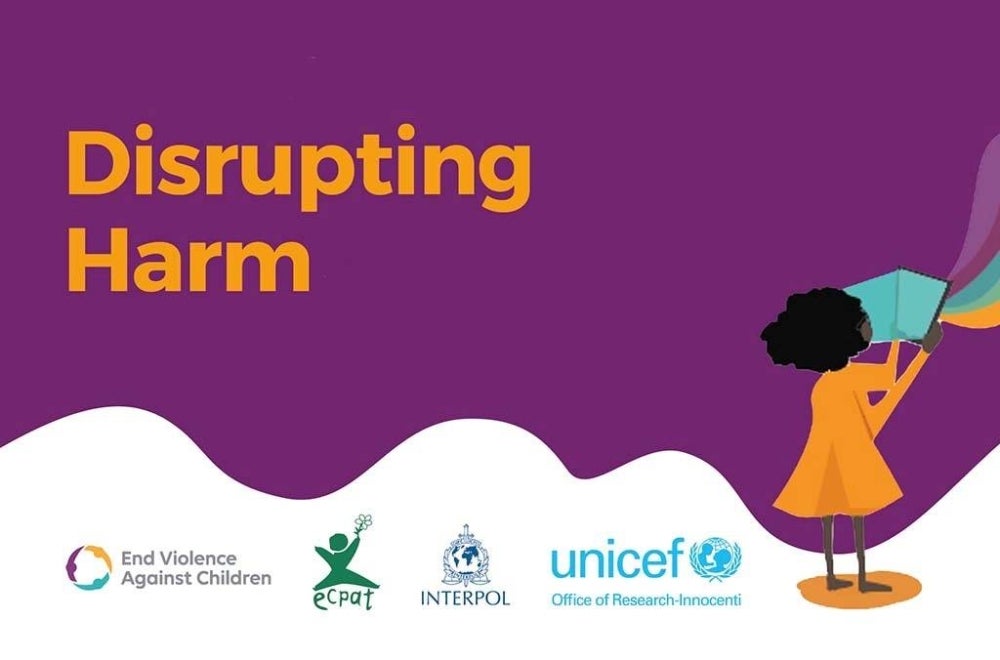Ill-funded, loosely coordinated: M'sia’s grapples with online child sexual abuse and exploitation

The report also highlighted that the Malaysian Internet Crime Against Children (MICAC) Investigation Unit has been understaffed and therefore ill-equipped to handle and address online child sexual exploitation and abuse cases.
This was one of the lamentable insights from a report by the United Nation children’s agency, Unicef, contending that more needed to be done to counter the looming virtual threats lusting over the country’s children.
As such, the report, ‘Disrupting Harm in Malaysia’, proposed that the support and medical services for all child victims of online child sexual exploitation and abuse (OCSEA) be made more visible.
“Improve uptake of legal companion services by increasing awareness of this service among justice professionals and members of the public.
“For medical services, referral pathways from district and community clinics to One-Stop-Crisis Centers should be strengthened by updating and training all medical staff at district and community clinics,” read the report.
The report estimated that 100,000 internet-using children aged 12 – 17 had experienced clear instances of OCSEA in the year prior to 2019.
“Seventy-four per cent of frontline workers agreed that a lack of knowledge around reporting mechanisms was a key barrier to tackle online child sexual abuse exploitation and abuse in Malaysia,” the report stressed.
These mechanisms include formal reporting tools within social media and instant messaging platforms that are clear and accessible to children and detail in child-friendly terms what happens after a child submits an OCSEA report.
The report also called for more financial resources to be allocated to ordinary courts so that it can achieve the same level of child-friendliness as the special courts that were established to handle cases of such nature.
“Specialised courts provide better services to child victims of sexual crimes than ordinary courts as they have child-friendly facilities, such as private entrances and exits for child victims, child-friendly waiting rooms and video link facilities.
“Ordinary courts do not always have these child-friendly facilities,” read the report which was launched today.
Malaysia currently has only two special courts to handle such cases, one in Putrajaya while the other in Kuching.
The report also highlighted that the Malaysian Internet Crime Against Children (MICAC) Investigation Unit has been understaffed and therefore ill-equipped to handle and address OCSEA cases.
The unit, read the report, is not optimally staffed to handle the sheer volume of tipoffs by CyberTips – a global online child sexual exploitation report center – that were sourced from the United States’ National Center for Missing and Exploited Children.
“The team also needs reinforcement in terms of cybersecurity experts and infrastructure.
“Government representatives and justice professionals who were interviewed were of the view that law enforcement staff’s OCSEA training is currently insufficient,” wrote the report which surveyed a total of 955 children in the country.
The report was produced by Ecpat International, Interpol and Unicef Office of Research – Innocenti, with the support from the Ministry of Women, Family and Community Development and led by the technical committee chaired by the Malaysian Communications and Multimedia Commission.
In conjunction of the report launch, Unicef, will be rolling the SayaSayangSaya youth social media campaign for young people on self-love, healthy relationships and online sexual exploitation and abuse starting from October 2022 to February 2023.














